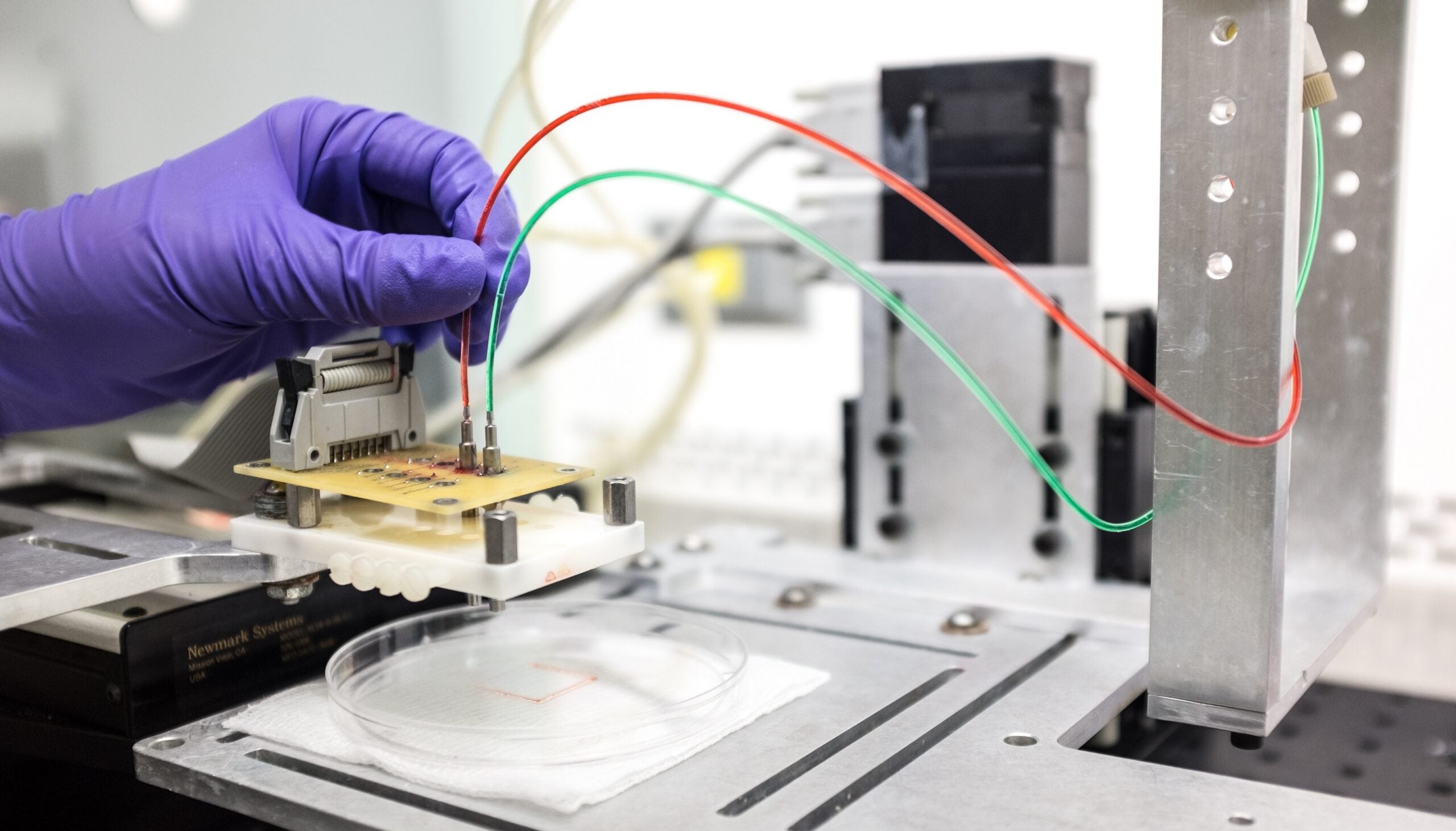By Deanna Cohen
The power of engineering in health care has been proven time and time again. From the design of prosthetics that help patients in their daily lives to the development of clearer imaging technologies to diagnose diseases, engineering plays a critical role in solving major health problems.
Rensselaer Polytechnic Institute and the Icahn School of Medicine at Mount Sinai recently announced the creation of the Center for Engineering and Precision Medicine (CEPM), one of the first centers in the nation to bridge engineering and precision medicine and take new medical devices and therapeutics from labs to clinics.
The center, located in New York City, will build on a wealth of shared basic research discoveries to explore unique diagnostic and therapeutic innovations in cancer, Alzheimer’s, and myriad infectious diseases; improve patient care; educate a new generation of biomedical leaders; and develop new technologies and processes that enhance patient outcomes in unprecedented ways. All of this requires the intimate linkage of engineering and medicine.
CEPM will deliver both a personalized and precise solution to patients. It will enable researchers and medical professionals to precisely identify the risk of a disease, such as cancer, at an individual level, develop a personalized treatment, and implement a management strategy that takes into account a patient’s own data and responses to treatment through wearables/sensors. The center will also focus on developing new solutions where the functions of diagnosis, treatment, and management of diseases are all done through designed and engineered cells in a “natural” way.
CEPM will employ specific translational applications, including minimally invasive control and regulation of neural circuity, engineering the immune system to treat cancer and infectious diseases, and on-demand personalized tissue repair and regeneration.
Multiscale technologies pioneered by researchers at Rensselaer and the Icahn School of Medicine are at the nexus of medicine, engineering, data analytics, and artificial intelligence. A base of these innovative technologies is critical to advance precision medicine, including bioimaging, lab-on-chip micro-physiological biosystems, cellular reprogramming, designed cells, wearables, sensors, and portable diagnostic devices.
Recent advances in nanoscale technology, systems and computational biology, artificial intelligence, and machine learning have made it possible to look into, measure, and treat the human body in a way not possible previously. The combination of engineering and precision medicine will push the boundaries of life sciences, physical sciences, and engineering, and use them to address the looming health care needs of an aging population, find cures for diseases such as cancer and Alzheimer’s, and promote health equity. Through a personalized and precise approach, we can help to create a better future for human health and well-being.




